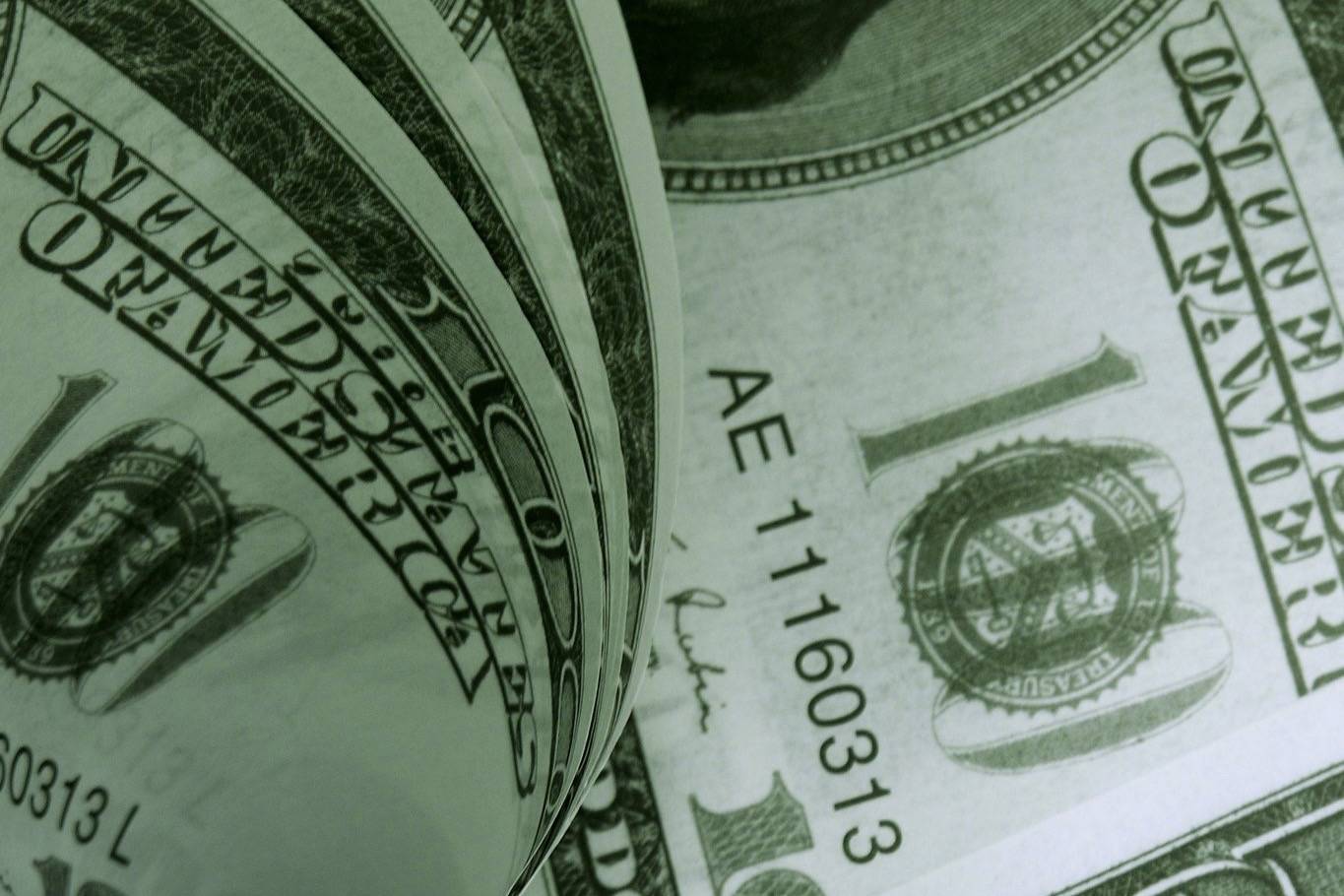An earlier version of this My Turn stated an initiative passed by voters could not be revised by the Legislature for two years. Per the state constitution, the Legislature may not repeal an initiative for two years, but it may be amended at any time. The My Turn has been updated to reflect that.
By Andy Hughes
Alaska’s economy is resource-based. Resource industries wax and wane over time in response to supply and demand resulting in market prices that either support the cost of continued exploitation of the underlying resources or not. Since the first barrel of oil flowed down the pipeline, oil production has supported over 90% of the state’s economy.
The June 2020 Alaska Economic Trends magazine provides the following information on oil production and oil field service company jobs. The data does not include another 29% employed in jobs such as, security, catering, accommodations, transportation, and engineering services. Since 1985, the oil industry experienced five drops in oil field employment tied to declines in oil prices. In 2019 the industry was beginning to recover from the 2015 crash in oil prices resulting in a loss of a third of its employment (nearly 5,000 jobs) bottoming out at 9,400 jobs in 2018. The industry regained its footing in 2018 and added 500 jobs by the end of 2019. Oil employment increased another 600 jobs to 10,500 jobs by late March 2020; when COVID-19 slammed worldwide demand for oil, crushing oil prices. The 2020 forecast had been for significant gains in oil employment. On a Friday in March oil price dropped to a negative $37 per barrel to then recover to float briefly around $20 and finely raising to hold around $40 today. Last March plans for a big spending year on major field maintenance and development were cut and oil production reduced. In the COVID economy the two publicly traded major North Slope oil producers ConocoPhillips and Exxon lost $1.5 billion and $2 billion, respectively during the first six months of 2020.
COVID-19 was not a consideration when Initiative 1 was initiated. A lot of uncertainty remains about COVID-19 and how fast it will take the economy to regain previous normalcy — if ever. How will deferral this year’s multi-billion-dollar oil field maintenance and development program impact future oil production? How long will it take worldwide demand for oil to recover? How volatile will oil prices be and what will be the impact on production and exploration? ConocoPhillips current investment policy is to reinvest the free cash flow from their north slope field into field maintenance and development. What will be the impact of Initiative 1’s reduction of the free cash flow of ConocoPhillips, Exxon, and Hilcorp going forward in a COVID-19-shaped economy? How big will be the loss in high paying jobs, the reduction in oil production and lost tax revenue? Why did BP sell its North Slope assets? Why didn’t ConocoPhillips or Exxon buy out BP?
Several state legislators have stated that they do not think the initiative process results in good tax legislation; but that they will vote for Initiative 1 because the legislature has not addressed the issue and they can tweak the initiative to fix any problems. However, law prohibits the Legislature from repealing an initiative passed by the voters for two years. It may be amended at any time. Losing two to four years of field maintenance, production, and development over the next few years before it can be an initiative can be amended will be hard to replace. Bad enough will be work lost this year. Alaska cannot afford to lose billions of dollars of oil jobs critical to digging our economy out of a COVID recession. Our economy needs every investment dollar it can attract. We need a vibrant oil economy to support a future transition from reliance on the oil industry. We cannot simply kick the oil industry and say we are going to transition to a different energy source and other revenue sources without a funding plan on how we are going to make the transition.
I am going to vote no on Initiative 1 because I see no evidence that much thought has been spent on identifying what Alaska’s fare share should be and the impacts confronted by an uncertain COVID economy. Will the initiative be the last straw on backs of the oil industry and Alaska’s economy? We need answers to these and many other questions.
Economic periods of boom and bust are enviably tied to the profit margin and exhaustion of resources.
• Andy Hughes is a 47-year resident of Juneau, his educational background is economics.In 2017, he retired from the position of Regional Transportation Planning Chief, Southcoast Region, Alaska Department of Transportation after over 43 years of service.

